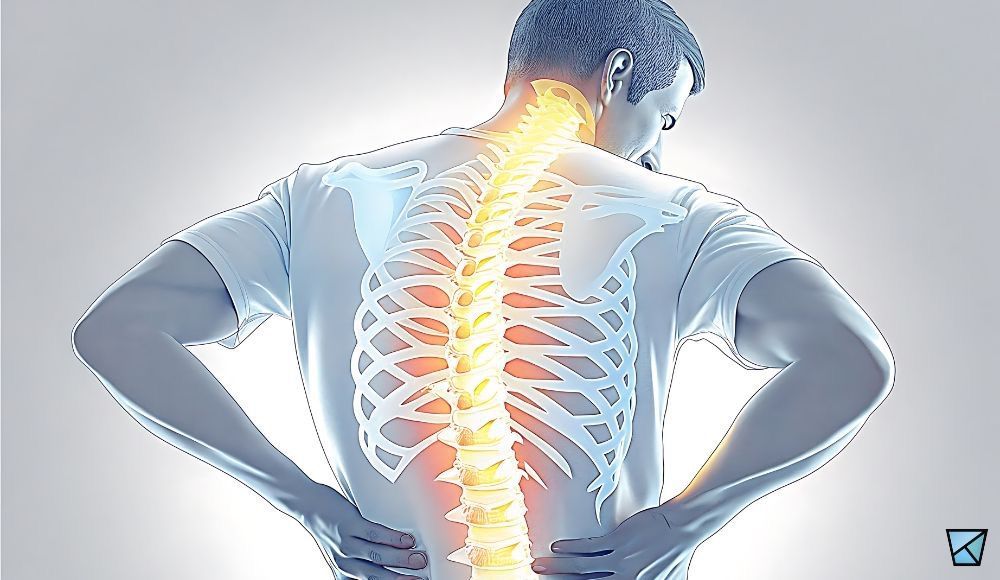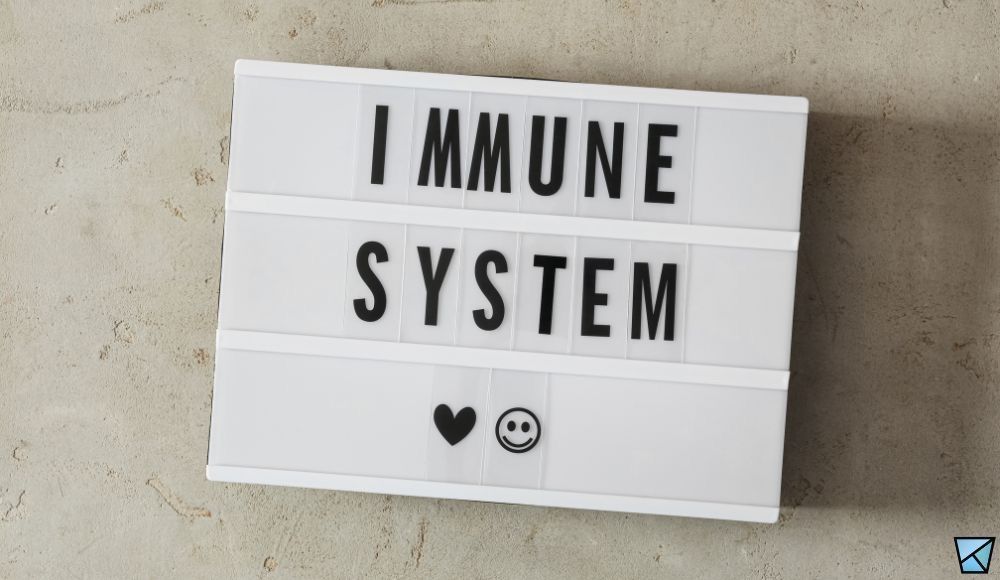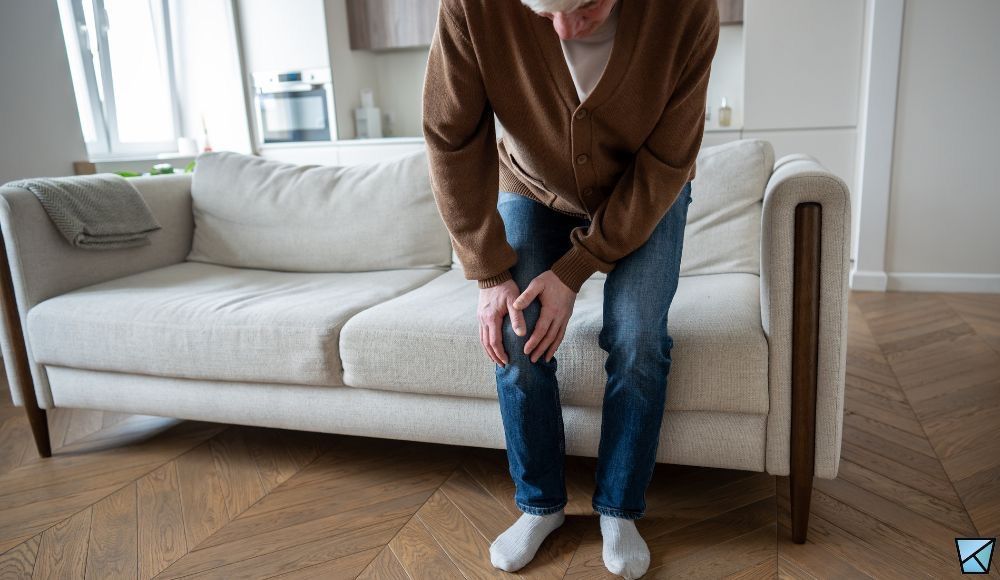Do you often feel like you could twist your head right off your neck? You push your head to one side and then the other and get that amazingly satisfying snap, crackle, popping sound? Or maybe you just turn your head to look over your shoulder without any added force and you hear/feel that. Either way, there are days that we wish someone would just walk around behind us and hold up our head for us!

So why do our necks “crack”?
The “cracking” sound we hear is actually called a cavitation. Our joints contain gasses (nitrogen, carbon dioxide, and oxygen) and fluid to lubricate and cushion the joints. The sound is produced by pressure on the fluid that creates gas bubbles that pop.
Another reason for the cracking noise is a result of ligaments and tendons moving against one another or over a joint. Ligaments connect bone to bone, and tendons connect muscle to bone. Sometimes, if the ligaments, muscles or tendons supporting your neck are too tight or too loose, they will make this cracking noise when you force them to rub against your bones. That forceful push or pull you place on your head and neck forces the muscles, ligaments and tendons to move past their normal range of motion.
When is neck cracking bad for you?
Cracking or popping your neck should never be painful, and you should never have to force it. If your neck cracks when you are slowly going through a range of motion testing, that is the joints self-adjusting, that cavitation is occurring. If you feel the need to twist, push, or quickly move your head and neck to make the popping noise, that could cause damage. That quick or forceful motion is causing the muscles, tendons and ligaments to overextend, which can weaken their ability to support your head and in-turn create more stiffness in your neck.
People often find that the more they crack their necks the more that they feel like they need to crack. The reason is because continually forcibly cracking your own neck can create hypermobility in the joints. These hypermobile joints now have a wider range of motion which creates instability. When joints become unstable our body lays down more bone to protect the joints, which is known as arthritis. Our body is trying to bring stability back but over time arthritis causes a decrease in range of motion as well as pain.
If cracking your neck is bad, why should I see a chiropractor?
At Keystone Specific Chiropractic Center we deliver specific adjustments to the upper cervical spine after thorough testing. There are often times that the joints in your spine are out of alignment, creating stiffness and pain and need to be put back in the correct place to relieve pressure on the joints and surrounding nerves. The adjustments to the upper cervical spine do create a popping or cracking sound because the joint is being opened, cavitation. The joints being adjusted though have been identified using x-ray analysis, palpation, and digital infrared thermography. This ensures that the correct joints are being adjusted, creating better motion while protecting muscles, ligaments and tendons from being overstretched.
The Bottom Line
Neck cracking can make you feel good, both mentally and physically. But if you are doing it a lot and feeling constant pressure, pain and stiffness then it is time to find out what the underlying issue is that may be causing your discomfort.
Book an appointment today at Keystone Specific Chiropractic Center for state of the art testing to see exactly what is causing the snap, crackle and popping sounds in your spine.
Claim a $100 new patient discovery session voucher today! (value of $255)
Wottrich, Jerel. D.C. Is Cracking Your Own Neck Dangerous?”. Oct 03, 2022. https://firstchiropracticaustin.com/is-cracking-your-own-neck-dangerous/






